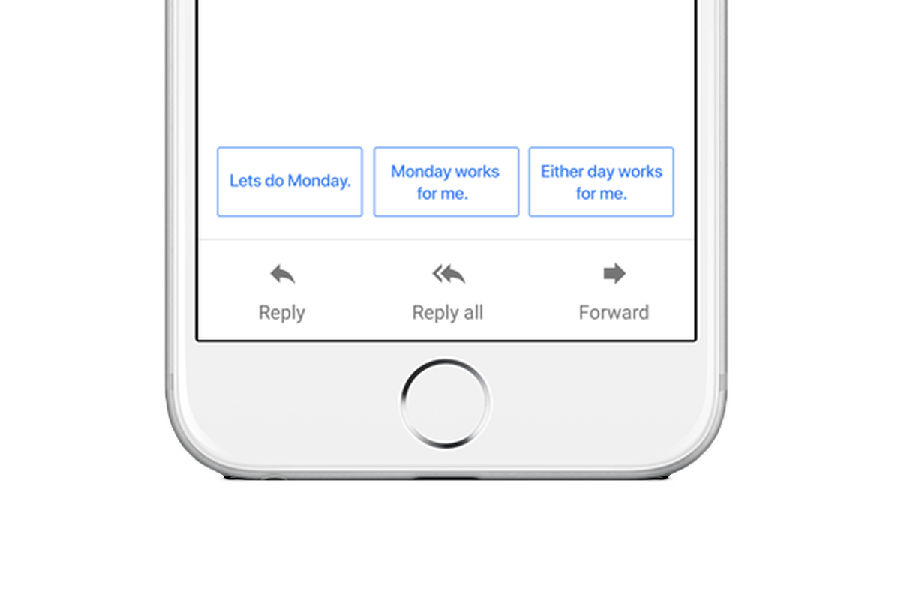(单词翻译:单击)
Books & arts
来源于《图书与艺术》版块
Johnson
约翰逊语言专栏
Don’t fear the Writernator
不要害怕机器写手
Computer-generated writing will never replace the human kind
计算机生成的文字永远不会取代人类
Many people will be familiar with automated writing through two features of Gmail. Smart Reply proffers brief answers to routine emails. If someone asks “Do you want to meet at 3pm?”, Gmail offers one-click responses such as “Sure!” More strikingly, Smart Compose kicks in as you write, suggesting endings to your sentences. Both are not only rendered in flawless English; they often eerily seem to have guessed what you want to say. If someone sends bad news, Smart Reply might offer “Ugh.”
许多人将通过Gmail的两个特性来熟悉自动写作。Smart Reply 会给常规邮件提供简短的回复。如果有人问“你想下午三点见面吗?”,Gmail会提供一键式的回答,如“当然!”更引人注目的是,当你写作时,Smart Compose会发挥作用,为句子提供结尾。这两个功能不仅用完美的英语呈现;还常常奇怪地似乎猜到了你想说什么。如果某人发来不好的消息,Smart Reply可能会说“呃······”

The New Yorker’s John Seabrook recently described a more powerful version of this technology, called GPT-2, which can ably mimic his magazine’s style. Such systems use a digital network of billions of artificial “neurons” with virtual “synapses”—the connections between neurons—that strengthen as the network “learns”, in this case from 40 gigabytes-worth of online writing. The version Mr Seabrook tested was refined with back-issues of the New Yorker.
《纽约客》的(特约撰稿人)约翰•西布鲁克最近描述了这种技术的一个更强大的版本——GPT-2,可以巧妙地模仿撰稿风格。这些系统使用了一个由数十亿人造“神经元”和虚拟“突触”(神经元之间的联系)组成的数字网络,突触随网络的“学习”而增强,这可以在相当于40千兆的网络写作中找到例子。西布鲁克先生测试的版本在《纽约客》的后刊中进行了修改。
The metaphor of the brain is tempting, but “neurons” and “synapses” deserve those scare-quotes. The system is merely making some—admittedly very sophisticated—statistical guesses about which words follow which in a New Yorker-style sentence. At a simple level, imagine beginning an email with “Happy…” Having looked at millions of other emails, Gmail can plausibly guess that the next word will be “birthday”. GPT-2 makes predictions of the same sort.
大脑这个比喻听起来很诱人,但是“神经元”和“突触”值得我们引用一下。该系统只是对该杂志风格的句子中哪个词跟哪个词做了一些统计上的猜测,诚然,这些猜测非常复杂。简单地说,想象一下以“Happy…”开头的邮件。查看了数以百万计的其他电子邮件后,Gmail似乎可以合理地猜测下一个单词将是“birthday”。GPT-2做出了类似的预测。
译文由可可原创,仅供学习交流使用,未经许可请勿转载。


